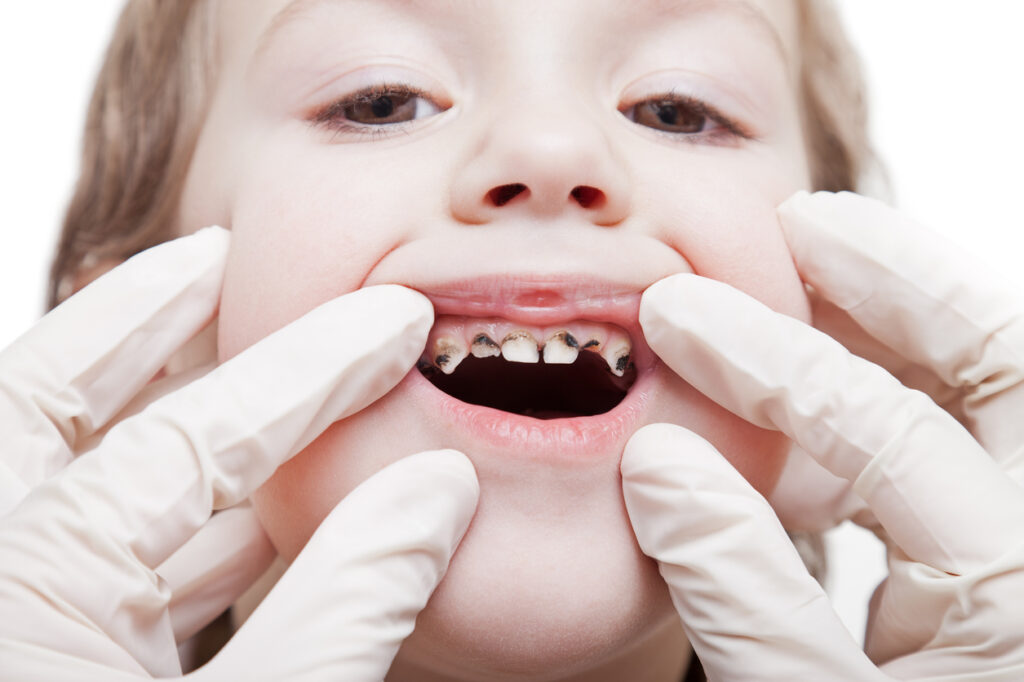When we think about dental care, most of us focus on aesthetics—whiter teeth, a straighter smile, or perhaps just avoiding bad breath. While these are important aspects of oral health, they only scratch the surface of why dental care is critical. Neglecting your teeth can lead to severe health issues that go far beyond your smile. Understanding the connection between oral health and overall well-being is essential for maintaining not just a beautiful smile but a healthy body.
The Mouth-Body Connection
The mouth is often referred to as the gateway to the body, and for a good reason. It’s not just a separate entity; it’s a vital part of the overall ecosystem that is your body. Poor oral health can have a domino effect, leading to various systemic health problems. The bacteria in your mouth, if not managed through good oral hygiene, can cause infections and inflammation, which can spread to other parts of your body.
For example, periodontitis, a severe gum infection, is linked to several chronic diseases. The inflammation caused by periodontitis can contribute to heart disease, diabetes, and respiratory issues. Research has shown that people with poor oral health are at a higher risk of developing heart conditions such as endocarditis, where the inner lining of the heart becomes inflamed, often due to bacteria from the mouth entering the bloodstream.
Cardiovascular Disease
One of the most alarming connections between oral health and overall health is its link to cardiovascular disease. Studies suggest that poor oral hygiene can increase the risk of heart disease by allowing harmful bacteria from the mouth to enter the bloodstream, leading to the buildup of plaque in the arteries. This process, known as atherosclerosis, can cause heart attacks and strokes.
Inflammation in the gums, known as gingivitis, is the first stage of gum disease. If left untreated, gingivitis can progress to periodontitis, which not only affects your gums and bad teeth affect your health but can also trigger inflammation throughout the body. Chronic inflammation is a known risk factor for heart disease, making good oral hygiene a critical component of cardiovascular health.
Diabetes
Diabetes and gum disease have a bidirectional relationship, meaning that each condition can influence the other. People with diabetes are more susceptible to infections, including gum disease. High blood sugar levels can lead to a higher risk of developing gum infections. Conversely, severe gum disease can make it harder to control blood sugar levels, exacerbating diabetes symptoms.
Maintaining good oral hygiene is particularly important for diabetics. Regular dental check-ups, proper brushing, and flossing can help prevent gum disease, which in turn can make managing diabetes easier. This interconnectedness highlights the importance of considering oral health as part of a holistic approach to managing chronic conditions.
Respiratory Infections
Another lesser-known but significant risk of neglecting oral health is its impact on the respiratory system. The bacteria from infected gums and teeth can be inhaled into the lungs, leading to infections such as pneumonia, especially in older adults or those with weakened immune systems. Additionally, poor oral health has been linked to chronic obstructive pulmonary disease (COPD), a group of lung conditions that cause breathing difficulties.
The mouth is a gateway for many pathogens to enter the respiratory system, making it crucial to maintain oral hygiene to prevent respiratory infections. Brushing, flossing, and regular dental visits can help reduce the risk of these potentially severe respiratory issues.
Pregnancy Complications
Oral health is also crucial during pregnancy, as hormonal changes can make pregnant women more susceptible to gum disease. Research indicates that gum disease in pregnant women is associated with premature birth and low birth weight. The inflammation and infection from gum disease can enter the bloodstream, affecting the developing fetus.
Pregnant women should pay extra attention to their oral hygiene and seek regular dental care to minimize the risk of complications. Proper oral care during pregnancy not only protects the mother’s health but also contributes to a healthier pregnancy and better outcomes for the baby.
The Psychological Impact of Poor Oral Health
Beyond the physical health risks, neglecting your teeth can also have a significant psychological impact. Poor oral health can lead to bad breath, discolored teeth, and tooth loss, all of which can affect self-esteem and social interactions. People with poor oral health may feel embarrassed or anxious about their appearance, leading to social withdrawal and even depression.
The psychological toll of poor oral health underscores the importance of dental care as part of overall mental well-being. A healthy smile can boost confidence, improve social interactions, and contribute to a positive self-image.
Conclusion
Oral health is about much more than just having a nice smile. It’s a crucial aspect of overall health that affects various systems in the body. Neglecting your teeth can lead to serious health risks, including cardiovascular disease, diabetes, respiratory infections, pregnancy complications, and psychological issues. By understanding the connection between oral health and overall well-being, you can take proactive steps to protect your health. Regular dental check-ups, good oral hygiene practices, and a healthy lifestyle are essential for maintaining not just a beautiful smile but a healthy body.



